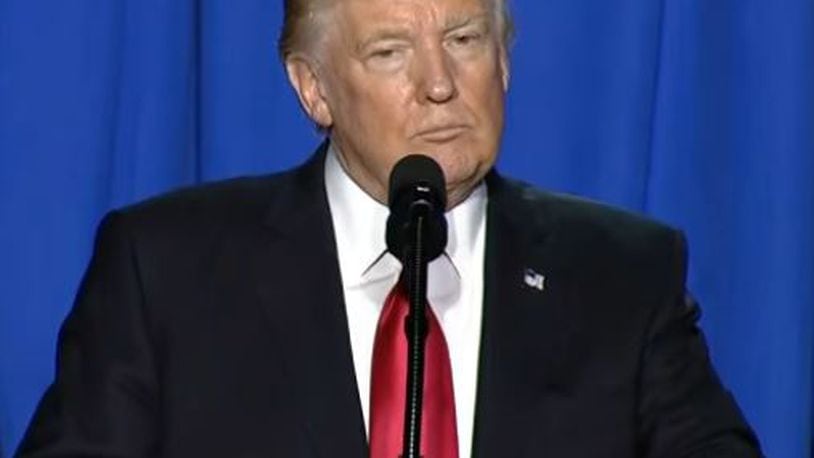"The president’s order is intended to protect the homeland and he has the constitutional authority and responsibility to protect the American people," said White House Press Secretary Sean Spicer.
But round one of the legal fight went to the State of Washington, which led the charge into the courts against the Trump order.
"The state met its burden in demonstrating immediate and irreparable injury," said Federal Judge James Robart, who was appointed to the bench by former President George W. Bush.
In his ruling, Judge Robart said states are being harmed by the immigration restrictions.
"In addition, the States themselves are harmed by virtue of the damage that implementation of the Executive Order has inflicted upon the operations and missions of their public universities and other institutions of higher learning, as well as injury to the States' operations, tax bases and public funds," Judge Robart wrote.
The Judge also spelled out a series of orders to insure that federal immigration officials observe his ruling, which many expect to be appealed.
"The Constitution prevailed today,” said Washington State Attorney General Bob Ferguson.
"No one is above the law, not even the President," Ferguson said in a statement after the ruling.
The state argued in federal court this week that the immigration order was "separating Washington families, harming thousands of Washington residents, damaging Washington's economy, hurting Washington-based companies, and undermining Washington's sovereign interest in remaining a welcoming place for immigrants and refugees."
There was no immediate reaction from the Trump Administration; the next legal step would be to appeal the ruling, or go to a higher court.
The U.S. Justice Department had argued that only the President has the authority to set immigration policy, and that the state of Washington had no legal standing to get involved in the matter.
In a court filing, government lawyers said it was also clear that Congress had given "broad authority to the President to suspend or impose restrictions on the entry of aliens into the United States."
The Washington suit and similar legal actions by other states on the Trump immigration order were much like the legal effort launched by Republican states against various orders of the Obama Administration on immigration.
In that case, a single federal judge in south Texas put the Obama plans on hold; that order survived all the way to the U.S. Supreme Court.
About the Author
